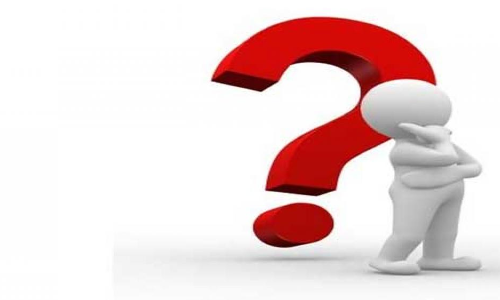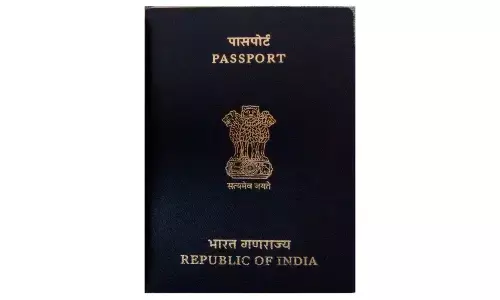I, Me, Myself, Mine

All the things, living and non-living, visible and invisible, abstract and actual around the human beings have been named: they have names.
All the things, living and non-living, visible and invisible, abstract and actual around the human beings have been named: they have names.
Like in many languages, all the words are classified into a group: noun, pronoun, verb, adverb, adjective, conjunction, preposition and interjection.
Pronouns are used in the place of nouns referring to persons or things instead of repeating them again and again, and to avoid cluttering the communications with those names: written or oral. Pronouns are I, he, they, who, some, somebody…
Personal pronouns take the place of nouns such as people, places, things, abstract (soul/spirit) or actual (death/birth) because they are used to avoid repetition and help to ease flow of sentences after the name of the noun is mentioned.
Donald J Trump is the President of the USA. He was elected the US citizens though he was not admired by many within and outside his country.
Pronouns are further classified depending upon their roles: whether it is the subject of the sentence or the object.
The different types of pronouns are subjective (I, he, she…), objective (me, him, her…), possessive (mine, his, her…), and reflexive (myself, himself, herself…), and interrogative (which, whose, what), demonstrative pronouns (that, this, those), relative pronouns (who, whom, whose) and indefinite pronouns (some, someone, somebody).
I-ME-MYSELF-MINE are subjective, objective pronoun, reflective and objective pronouns referring to one person.
I was born in a shanty town but I saw myself as a lucky person because my family lived in a spirit of optimism. Mine was an eclectic mix of childhood.
Woe is not me!
‘Me’ is used as a simple object. We all went to a picnic but in the end Rahul and me returned…
I often talk to myself to find answers for my living (Myself is an emphatic reflexive pronoun).
Note that it is always I when mentioning it as the subject pronoun: I went out for a walk. My son and I (not me) went out for a walk.
Accomplished writers take diversions, and accepted: “Tobin and me, the two of us, went down to Coney….” –Tobin’s Palm by O. Henry
It is me! Or, It is I?
Both are correct but I is reserved for formal situations and contexts.
She and I went to see a movie. One premise, not to use I in the place of me in such situations is, so that we will not end up saying: Me and she went to see a movie!
Who is it?
It is me. I am doing the cleaning because the responsibility is mine; I am doing it all by myself.














